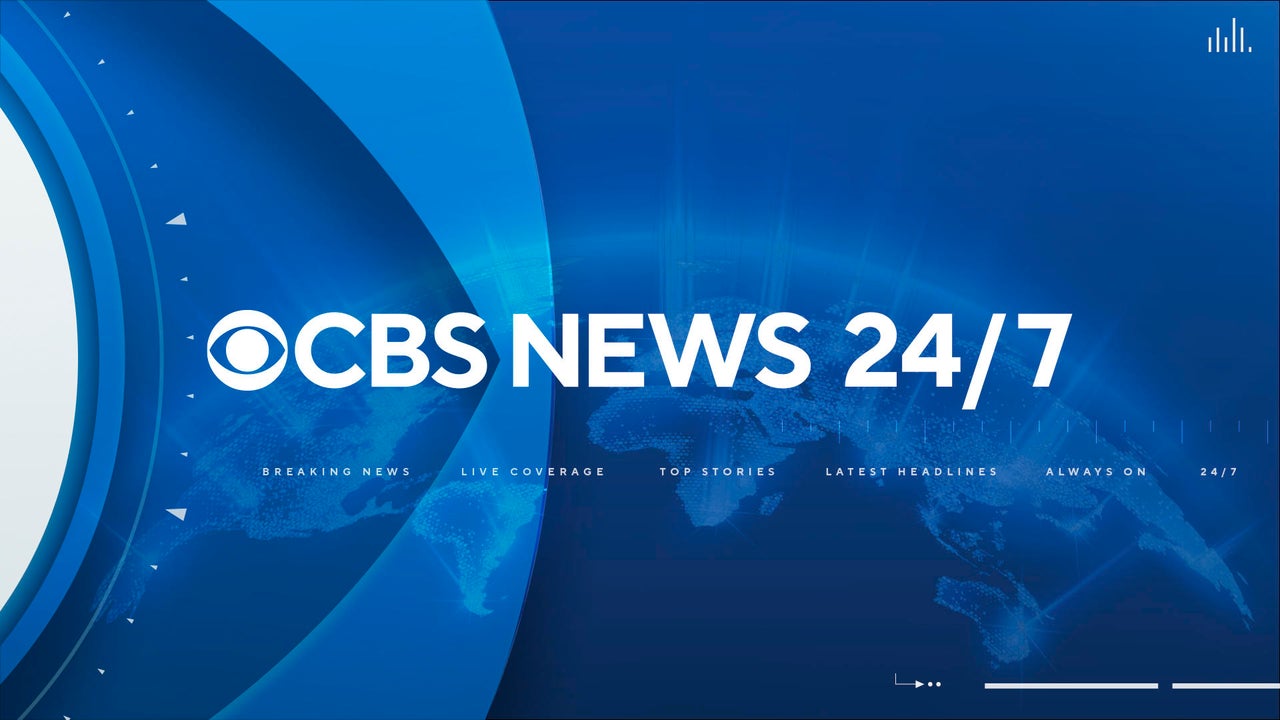Stay Informed: The Relevance of Reliable Information Sources in Today's World
In an age defined by a frustrating influx of details, the importance of trusted information sources can not be overemphasized. As we discover the systems of qualified journalism and the techniques for recognizing trustworthy resources, the effects for our collective future ended up being significantly apparent.
The Function of Reliable Journalism
Qualified journalism plays an essential role in ensuring that citizens receive accurate, timely, and relevant details. This feature is essential for fostering public discussion, advertising openness, and holding power answerable.
In addition, qualified journalism forms popular opinion and affects policy-making by lighting up diverse point of views. It serves as a watchdog, investigating impropriety and highlighting social oppressions that may otherwise go undetected. By focusing on accurate reporting and minimizing bias, liable reporters contribute to a more well balanced story in the media landscape.
Furthermore, the role of credible journalism expands past mere details circulation; it likewise cultivates trust fund between the media and the public. When information organizations consistently supply truth-driven material, they establish themselves as trusted resources, reinforcing the general public's confidence in the media. Ultimately, qualified journalism is vital for a working freedom, as it makes sure that the electorate is notified and engaged, consequently helping with an extra robust public dialogue.
Recognizing Phony Information
Navigating the facility landscape of information today calls for a keen understanding of phony news and its ramifications. Fake news describes misinformation or disinformation offered as legitimate information, often created to deceive target markets for various intentions, consisting of political, financial, or social gain. The fast spreading of digital platforms has actually made it easier for such material to flow, posing considerable obstacles to public discourse and notified decision-making.
Recognizing phony news includes identifying its characteristics, such as spectacular headings, absence of reliable resources, and psychological adjustment. It often makes use of existing predispositions, enhancing assumptions and polarizing opinions. The consequences of fake news are profound; they can misshape public understanding, deteriorate rely on genuine journalism, and incite division within communities.

Identifying Reliable Sources
In today's information-saturated imp source environment, critical trusted resources is important for fostering informed decision-making - news. With the spreading of information outlets and electronic systems, differentiating reliable information from deceptive material has come to be progressively challenging
To recognize trustworthy sources, initially, examine the reliability of the publisher. Trustworthy news organizations normally have an enduring background of journalistic stability and stick to honest standards. Seek sources that give clear authorship, enabling you to review the certifications and knowledge of the reporter.
Next, take into consideration the evidence offered. Dependable write-ups ought to point out verifiable truths, consist of quotes from experts, and referral primary sources. Cross-referencing details across several credible outlets can better confirm accuracy and lower bias.
Beware of sensationalism and emotional language, which can suggest a program instead than a dedication to valid coverage - news. Additionally, be aware of the publication date, as out-of-date info may no more be appropriate
The Effects of False Information
False information can threaten public trust fund and bring about illinformed activities, significantly impacting societal well-being. When people or areas approve incorrect details as reality, they may choose that are harmful to their health and wellness, security, and social cohesion. This is particularly evident throughout situations, such as public wellness emergency situations, where unreliable data can result in hazardous behaviors, such as vaccination hesitancy or the forget of crucial safety and security procedures.
The spread of misinformation can also polarize areas, sustaining division and conflict. When individuals count on erroneous narratives, it develops an atmosphere where dialogue comes to be significantly challenging, as opposing factions hold on to their see here beliefs, often neglecting accurate evidence. This disintegration of a shared understanding undermines autonomous processes and can bring about the destabilization of cultures.
Moreover, false information can have serious financial repercussions. Companies might experience as a result of false claims regarding their service or products, while investors can be misdirected by unreliable information impacting market stability. In summary, the implications of misinformation expand far past individual ideas, affecting public depend on, community cohesion, and financial stability, highlighting the urgent demand for reputable information sources in today's complex info landscape.
Strategies for Staying Enlightened
Staying notified in the electronic age requires an intentional strategy to media consumption, as the large quantity of information can be overwhelming. To browse this landscape properly, individuals must begin by identifying trustworthy information resources known for their journalistic stability. Registering sites for reliable newspapers, information internet sites, and fact-checking companies can provide a solid foundation for recognizing existing occasions.
Additionally, branching out information usage is important. Engaging with several resources enables a wider point of view and aids to identify possible biases. Using information aggregation tools or applications can improve accessibility to different outlets, guaranteeing a well-rounded sight of the news.
Setting apart details times for news intake can also boost focus and stop details overload. It is suggested to limit social networks surfing, as algorithms often focus on sensationalized material. Instead, think about complying with journalists and experts directly to receive even more reputable updates.
Lastly, taking part in conversations with others can assist in much deeper understanding and vital believing concerning current problems. By using these techniques, people can cultivate an extra informed and critical method to the information, ultimately promoting an all-around understanding of the world around them.
Conclusion
Comments on “Digital Marketing for Events: A Complete Toolkit for Event Planners”